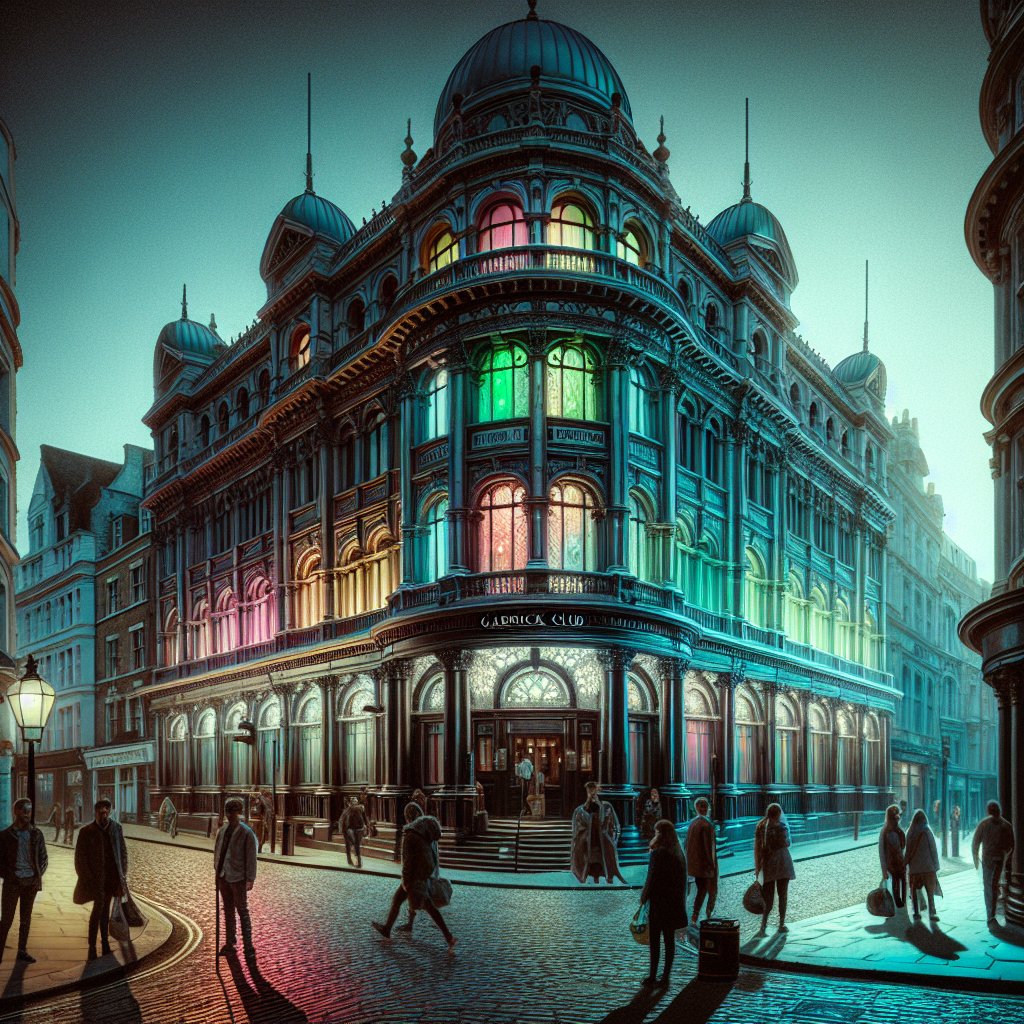Image created by AI
The Garrick Club's Men-Only Policy Sparks Controversy Amidst Resignations
London's esteemed Garrick Club has been a bastion of male exclusivity for nearly two centuries. Yet, the recent exposure of its high-profile members, including government leaders and celebrities, has cast a scrutinizing light on its practices, leading to a significant backlash. The club, founded in 1831 and located in London's culturally-rich West End, is renowned for its dedication to the arts and literature, fashioned as a commemoration of the famed 18th-century actor David Garrick.
The Garrick Club's long-standing male-only membership policy has surfaced at the forefront of contemporary societal debates on privilege, power distribution, and systematic discrimination in the UK. Despite a waiting list stretching nearly a decade, the allure of joining the ranks of its approximately 1,500 members, consisting of society's crème de la crème, has been dampened by recent events. The membership roll boasts names like Hugh Laurie, Stephen Fry, and past members including King Charles himself.
Until recently, the club also counted among its patrons the head of MI6, Richard Moore, and the head of the UK civil service, Simon Case, who have now both resigned amidst rising concerns over gender discrimination. The controversy gained momentum as critics called for public servants and other powerful figures to sever ties with such exclusionary spaces.
Pressure has mounted as recent polls within the club suggest a slim majority now supports the admission of women, though not the required two-thirds to amend the club's rules. This internal tension escalated further when a longtime member, Colin Brough, was expelled for advocating for gender inclusiveness in the club – an act deemed unbecoming by the establishment's leadership.
Despite the club's contention that it operates within the legal limits, allowing it to maintain its single-sex status under the UK's 2010 Equality Act, the narrative has extended into a broader conversation about the nature of exclusive spaces in public life and their impact on societal structure and progress. Jemima Olchawski, CEO of the Fawcett Society, articulates this concern unequivocally, asserting there’s no space for overt sexism in the 21st century, which echoed sentiments shared by the Baroness Hale regarding equality.
The debate over the Garrick Club's policy is indeed reflective of lingering systemic challenges facing gender equality, highlighting the disconnect between societal progress and traditional strongholds of influence. As prominent legal figures like Michael Beloff and Lord Pannick suggest, the law may already permit women to join the Garrick, yet it is tradition – not legislation – that upholds the status quo.
While the Garrick endeavors to preserve its costume of tradition, the sound of its members’ footsteps vacating its halls for more progressive pastures seems to herald a potential shift in the tides of exclusivity. Perhaps the sentiment presented by John Simpson, that resignations “are bound to continue if things don’t change soon,” is an apt forecast for the future of London’s private clubs.










